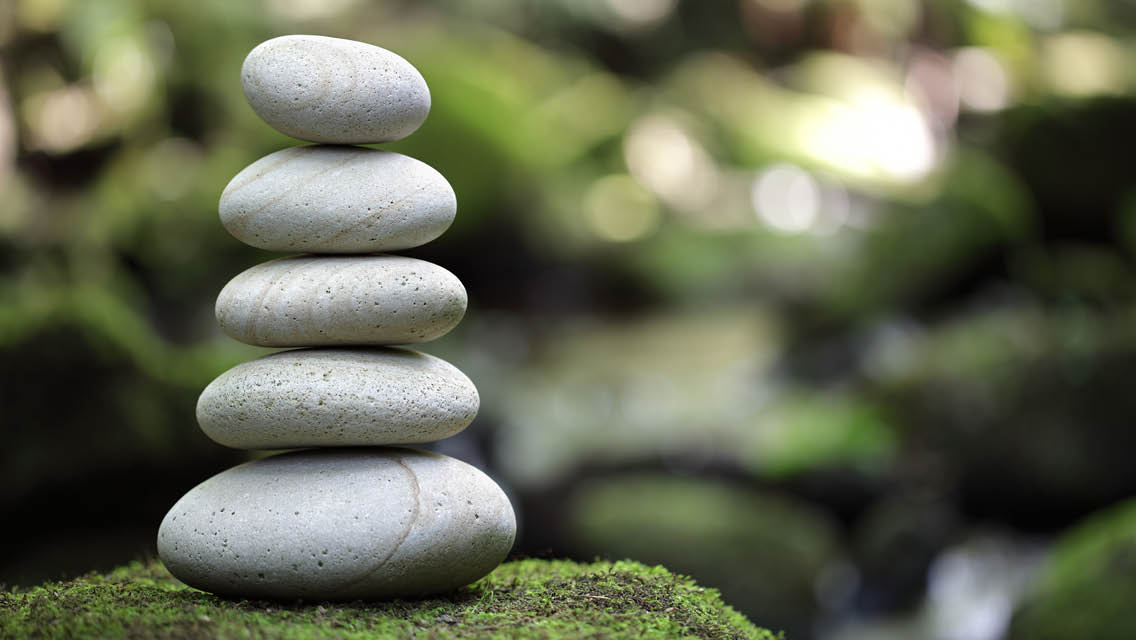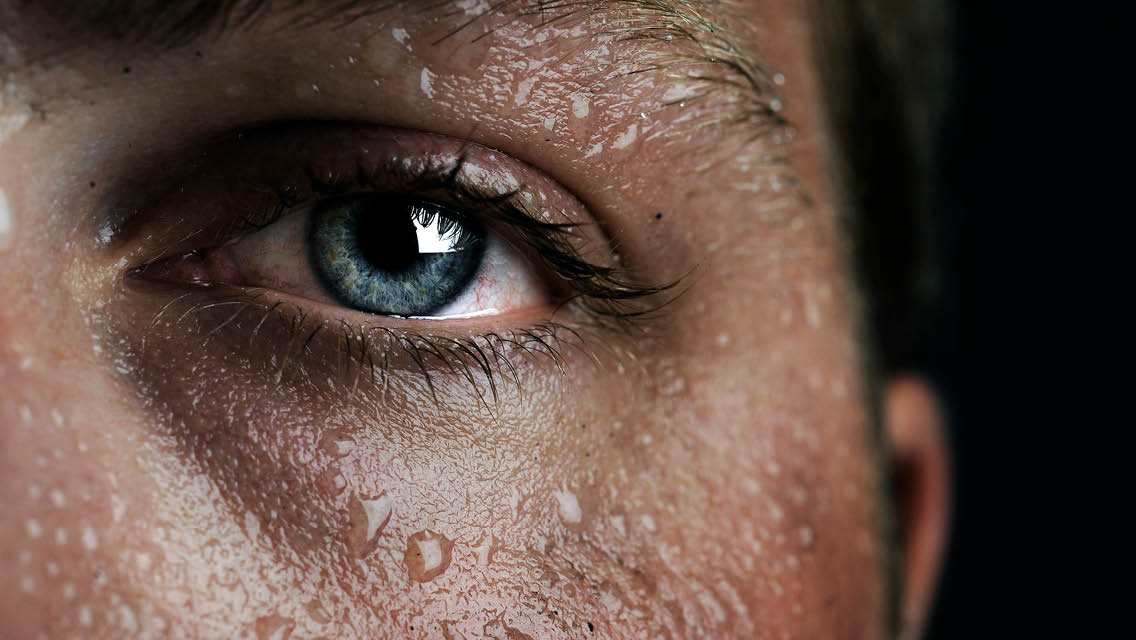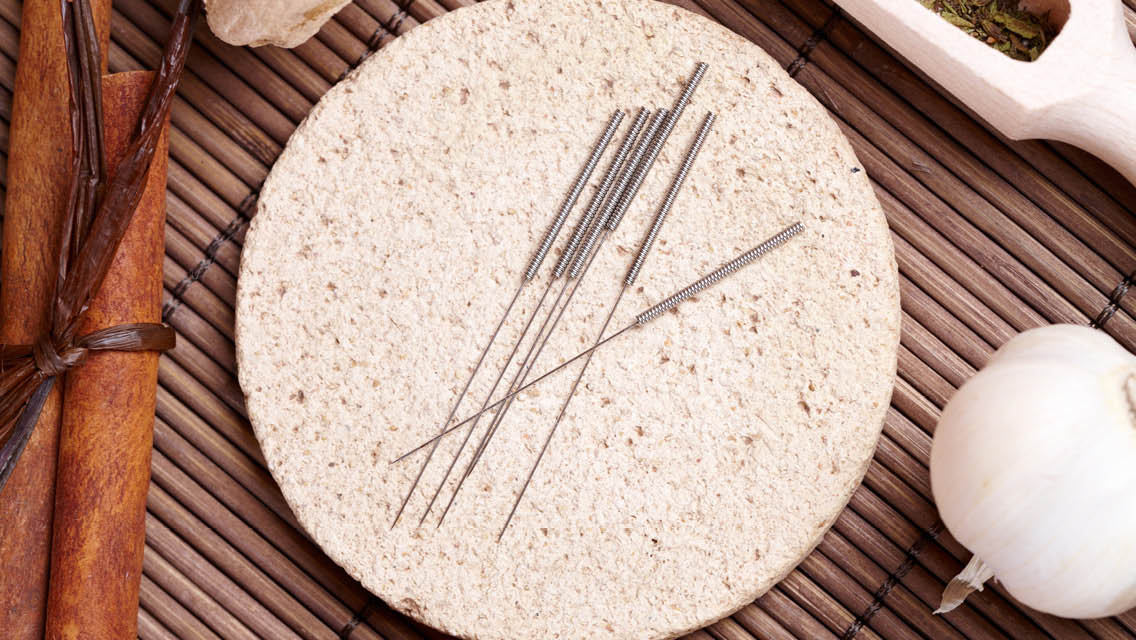As with the organs, TCM understands blood differently from Western medicine. Blood is the nurturing yin counterpart to qi’s motivating yang; it’s the fluid that moistens and maintains the body.
“TCM pays a lot of attention to the quality of the blood because it’s what nourishes all the other tissues. Diet is a big factor in the quality of the blood, and we have a whole category of herbs called blood tonics,” says Jill Blakeway, DACM, LAc, founder and director of the Yinova Center in New York City and the author of Energy Medicine: The Science and Mystery of Healing.
“TCM pays a lot of attention to the quality of the blood because it’s what nourishes all the other tissues.”
TCM also categorizes lymph, phlegm, mucus, saliva, and sweat as fluids that, like blood, help keep tissues flexible and balanced. They can also become stuck or stagnated.
Along with jing, or essence (the subtle substance responsible for our growth and development), and shen (our consciousness or spirit), blood, fluids, and qi represent the “five substances” in TCM.
“The five vital substances contribute to each other, and they can actuate or transform into each other,” notes Di Guan, LAc, DAOM, who practices acupuncture and Chinese medicine at Shén Acupuncture and Meditation Studio in Minneapolis. “By regulating qi, we can regulate the others as well.”
This was excerpted from “How Does Traditional Chinese Medicine (TCM) Support Your Health and Well-Being?” which was published in Experience Life.





This Post Has 0 Comments